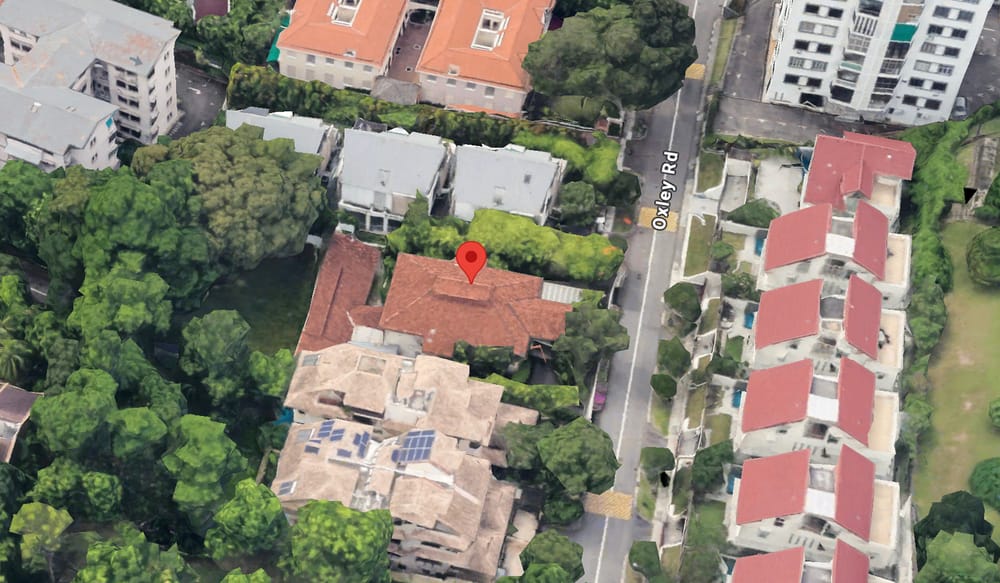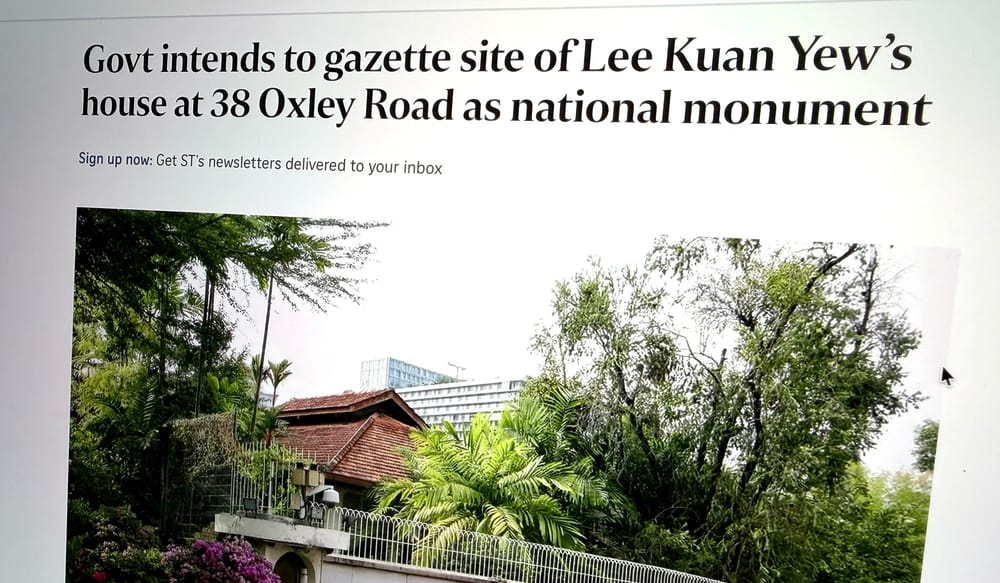While I lashed out at the ignorants trying to stir another baseless controversy, this time regarding publication of NRIC numbers for shareholders and directors of Singapore-registered companies (which has always been the practice), it's hard not to think that the government should have handled it better too.
And it's not the first time that PAP has problems selling its own work to people, or even educating them about what it actually does.
Over the past few years alone it found itself explaining the logic behind new ERP OBU devices, the SimplyGo system for public transit, TraceTogether during the pandemic or even the date of the GE in 2020, which has cost it at least a few percent in support, as it appeared desperate to hold the vote early.
And these are just the major controversies, among a number of smaller ones, creating an impression that, at times, nobody is behind the wheel.
The problem in each of these cases, just like with the latest ACRA hiccup, is not that the government is not doing its job or doing it badly, but that it had not conducted any examination of the possible consequences of its decisions and how the public should be informed about them to form accurate opinions.
What's worse, each ministry and agency appears to be acting independently, often catching the leadership off guard, forcing it to hastily cobble together a response.
The public usually expects cabinet members or, occasionally, even the PM himself to provide answers about things they may not know the details of since they have been delegated to someone else downstream.
This only amplifies the poor impression, especially if the decision under scrutiny is rolled back (even if only temporarily) to placate the angry commenters.
Whenever that happens it undermines trust in the government, since it appears to validate the criticism, instead of shooting it down. True leaders don't bend to public opinion but shape it.

It was easier for Lee Kuan Yew, though.
Before the internet age the authorities could control what people read and learn about the government. Now anybody with a smartphone can run his own media channel on the internet.
It's much harder to contain any outburst of unhappiness that goes viral, especially once everybody becomes convinced of their righteousness long before the government can even respond.
Filter everything
To prevent this problem from reoccurring the government needs a filter to shape communications on every change that happens within the public administration before it is broadcasted out.
The role of every ministry, agency, bureau, office, body is to manage and improve public service. But they cannot be left on their own to sell it to the people, as it directly affects PAP's standing.
It's as if you wanted the engineering department to be responsible for selling the latest smartphone. It's not their job.
Every company has a team of people employed to build a holistic communications strategy for all of its products and services – why not the government?
Before anything is made public it should go through a single office that evaluates it from the position of an average Singaporean. How will they react if they learn about it tomorrow? Would they understand it? Would they like it? Would they approve of it? What questions will they ask? How does it affect them? Will they be worried? Will they be required to learn something new?
And then answer those questions preemptively.
For example, reception of the ERP 2.0 OBU would have been better if its outdated design (compared to the latest smartphones that people are used to) was explained by a low price and specific functionality goals – especially if a price tag for a more advanced device could be provided as context for over half a billion dollars that were paid for the project.
When facing a large sum of money laypeople will naturally assume it's a lot unless shown an alternative. A bargain has to look like one.

Open publication of NRIC numbers in ACRA's Bizfile should have been preempted with a reminder that it has always been public information, that NRIC itself is a product of a simple algorithm that is meant to identify you, and that the changes affect only the people who are in the registry (not everybody).
Finally, it should draw attention to how the authority is actually improving privacy at the same time, by allowing alternative addresses to be listed in place of residential ones (which was a much bigger concern, since NRIC is not enough to impersonate you or, realistically, cause you much harm, but anybody could simply walk up to your door or stalk you and your family).
Instead, the system was updated, nobody was informed, someone came across the changes, passed it to Bertha Henson who ignorantly blew it out of proportion and now the government has another "scandal" on its hands.
For crying out loud...
People are dumb - and should be treated as such
Most of these problems come from the fact that civil servants and politicians are focused on their job and never stop to think about what the public knows and doesn't know about it.
People are dumb. They are eager to assume they know everything after reading a news headline, ignoring the fact that dozens or even hundreds of people have worked on a specific issue for months or years.
Anything happens and you suddenly have thousands of "experts" on train maintenance, ticketing systems, traffic management, housing construction and healthcare, coming out to voice their misguided criticism.
While it's impossible to cure stupidity, it is possible for the government to prepare for it ahead of time.
It won't, of course, eliminate attacks from people finding fault in everything, but it can limit their influence on others and show that the government comes prepared.
But the only way to do that is to have a team vetting everything before it goes public, so it's presented in line with a general communications strategy of the ruling party, regardless of which ministry or agency it involves.
Every law, decision, institution, website, app or device produced by the public bodies is a government product and should be sold as one.
If PAP gets beaten back every time it makes a valid but misunderstood decision it won't matter how good it actually is at running the country, it will keep bleeding votes until it loses power to well-spoken populists on the other side.
It doesn't matter how good you are – the people you depend on for support have to see you as such too.









